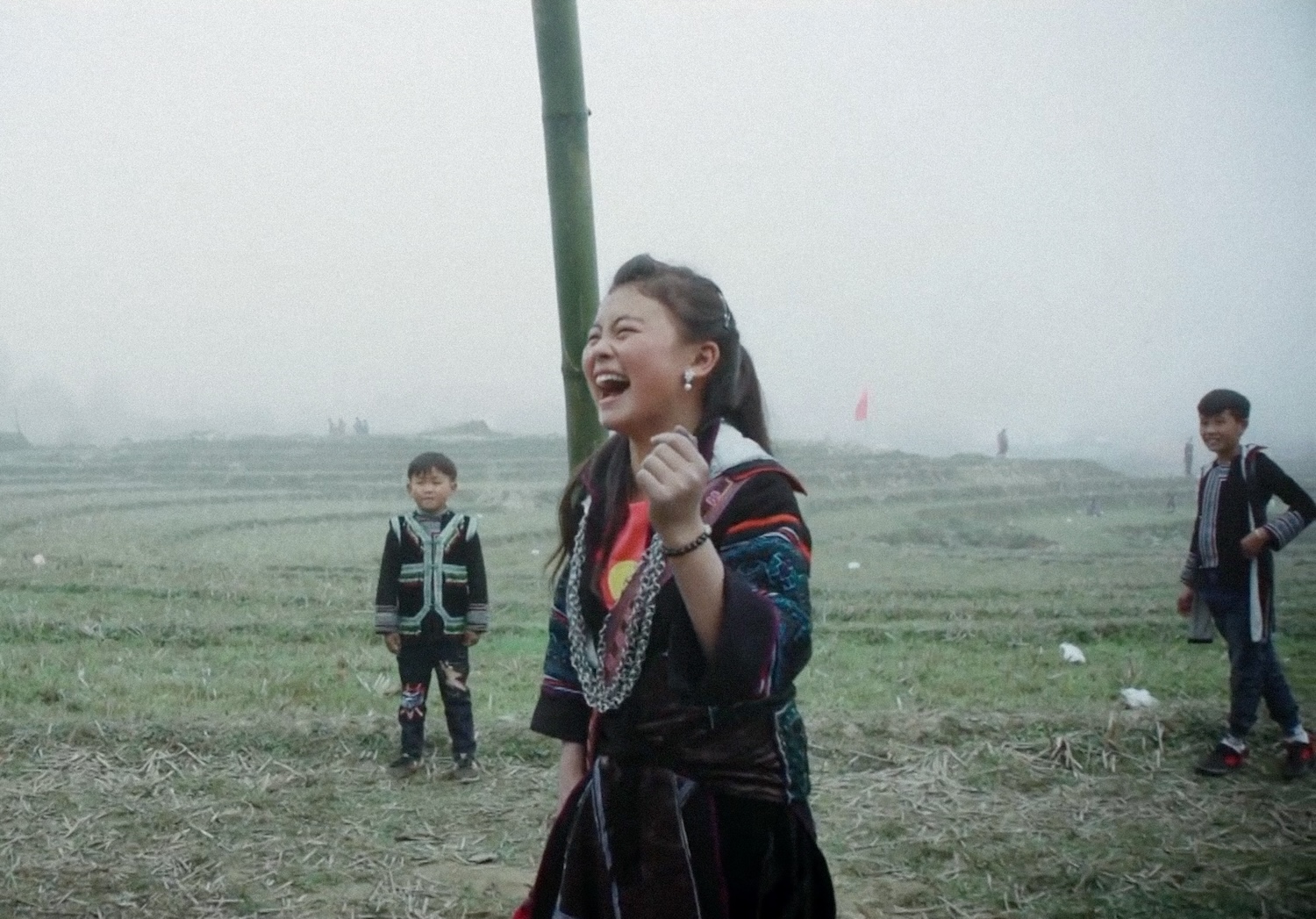The UK’s only film festival celebrating Vietnamese cinema is back — louder and more rebellious than ever. Running until August 26, this year’s line-up is a love letter to Đổi Mới-era cinema, pulsing with the raw, chaotic energy of the ’90s “instant noodle” wave. “They were full of joy, rebellion, reinvention,” says Tuyết Vân Huỳnh, the festival’s co-founder and director. “It felt bold. It felt different.”
If season one asked what stories of Vietnam and its war had yet to be heard, this edition turns to what came after: a nation reinventing itself on screen. One standout is Singing In The Rainy Afternoon (1990) — a film that never made it out of the archive in Vietnam, now screening publicly for the first time.

Across both seasons, these are the films that crack open unseen sides of Vietnam — spotlighting bold voices and confronting the so-called “social evils” of sex work, addiction, and poverty.
The Travelling Circus (Viet Linh, 1990)

What happens when dreams are sold as illusions?
Gánh Xiếc Rong (1988) follows a ragtag troupe performing in a starving Central Highlands village, where even hope feels like a luxury. Directed by Việt Linh — one of Vietnam’s pioneering women filmmakers — this haunting classic explores how desire, especially in the form of a gaze, can be quietly commercialized.
For young Dat, a little boy whose only dream is to fill his belly and escape his alcoholic father, the circus becomes a beacon of magic and escape — until fantasy collides with cruelty. Through lingering eyes, desperate exchanges, and fading illusions, The Travelling Circus reveals how entertainment becomes survival, and longing becomes currency. Vietnam’s first commercially released film abroad, it’s a stunning, sorrowful portrait of hunger — for food, for wonder, for something more.
When the Tenth Month Comes (Dang Nhat Minh, 1984)

Bao Giờ Cho Đến Tháng Mười (1984) is a war film that turns away from the battlefield. Instead of medals, bloodshed, or glory, it centers the quiet suffering of those left behind — the civilians, the caregivers, the ones with no uniform to wear.
Duyên, a young woman in rural Vietnam, receives news of her husband’s death at the front but hides the truth, preserving a fragile hope and shielding her father-in-law from yet another loss.
Written and directed by Dang Nhat Minh, and inspired by his own family’s grief, the film aches with restraint. Grief unfolds not in explosions but in glances, in silence, in lies told out of love. It’s a quietly radical portrait of war’s collateral damage — how it takes not only lives, but futures, dreams, and dignity.
Bar Girls (Le Hoang, 2003)

When Vietnam was still hesitant to name its shadows, Gái Nhảy (2003) held up a neon-lit mirror to them. A box-office sensation that grossed an unprecedented 13 billion VND, the film broke through censorship and silence to tell the stories of women working in Saigon’s club scene through complex lives shaped by class, survival, and choice.
Through the eyes of a journalist chasing a nightclub exposé, the film trails three women from vastly different backgrounds: some seeking escape, others simply trying to endure. Directed by Le Hoang, Bar Girls was more than a cultural shock — it cracked open a conversation about gender, morality, HIV/AIDS and modernity in a Vietnam racing into urbanisation.
Children of The Mist (Ha Le Diem, 2023)

Những Đứa Trẻ Trong Sương is a deeply poetic coming‑of‑age documentary through the lens of a teenage H’Mong girl, Di, in mist‑shrouded Sapa. Far more than a cultural snapshot, the film is a quiet rebellion—it captures Di’s transformation from innocent play to fierce self‑determination when she is subjected to the traditional “bride napping” ritual. Armed only with courage and a desire to continue her education, she resists and returns home, asserting the right to design her future.
Directed and filmed by Hà Lệ Diễm over three years, Children of the Mist is both intimate and universal: a portrait of tradition confronting a girl who refuses to let traditions define her destiny.
The Bitter Taste of Love (Le Xuan Hoang, 1990)

Vị Đắng Của Tình Yêu emerged from Vietnam’s so‑called “instant noodle” film wave with a record‑breaking box office (500 million VND). At its heart is a bittersweet coming‑of‑age romance: Le Cong Tuan Anh and Thuy Tien bring nuance to two young souls discovering love against the odds. Under director Le Xuan Hoang’s eye, their tenderness feels raw and urgent amid societal constraints.
About Star Nhà Ease and their 2025 season
The UK’s only festival dedicated exclusively to Vietnamese cinema and contemporary art.
The 2025 season will run throughout July and August 2025 in London (Rich Mix, The Garden Cinema), Manchester (Cultplex), and Birmingham (MAC).
Digital offerings include The Bitter Taste of Love (1990) by Le Xuan Hoang, Grandfather & Grandson (2006) by Tham Nguyen Thi, Flowing with The Current (2020) by Ly Nguyen Ngoc Thao.
For The Bitter Taste of Love digital screening, sign up HERE.For more information, visit their Instagram.
